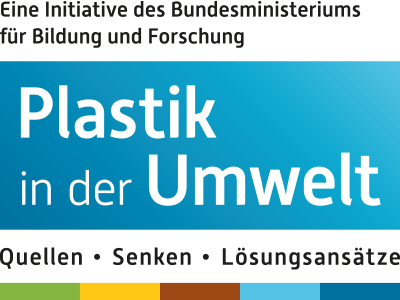Factsheet 16: Wet wipes, pads and tampons in wastewater
Factsheet 16: Wet wipes, pads and tampons in wastewater
Wet wipes, sanitary towels and tampons are important hygiene products that many people use in their daily lives. Often, the products are partly made of plastic and can end up in the environment if not disposed of properly. The researchers from the joint project InRePlast clarify in factsheet 16 which entry paths are particularly important, how much politics is already doing to combat the problem and at which points there are further options for action.
The InRePlast project examines and classifies the occurrence of plastic parts of at least 1 mm in size in sewage treatment plants and road drainage systems in the municipalities of Aachen, Roetgen, Simmerath and Stollberg. Surveys and a laboratory experiment support the analyses. Based on this, proposals for environmental policy instruments to prevent the inputs are developed.
Factsheet 16 is available for download here.
Daskalakis, Maria; Kaser, Simon; Breitbarth, Marco; Hentschel, Anja; Kaskel, Myriam; Kollmorgen, Florian (2022): Wet wipes in wastewater: Plastic content pollutes the environment - causes and measures. Factsheet 16 of the BMBF Research Focus Plastic in the Environment.
